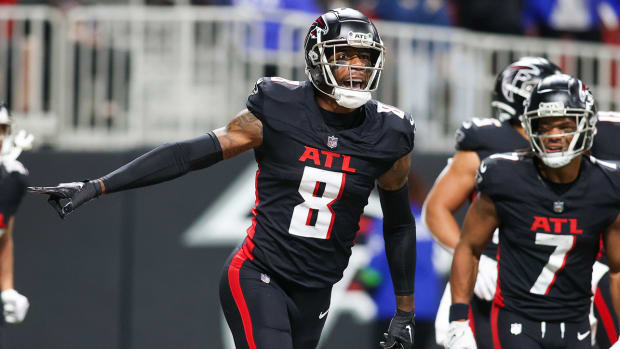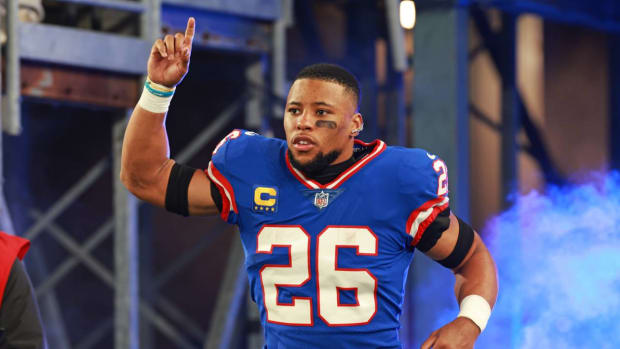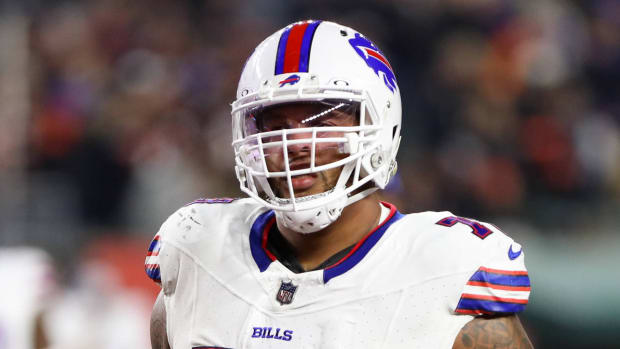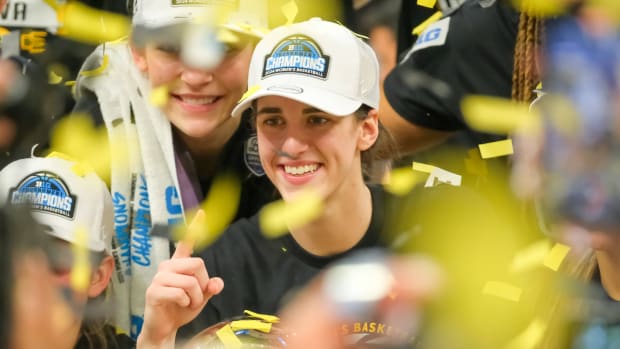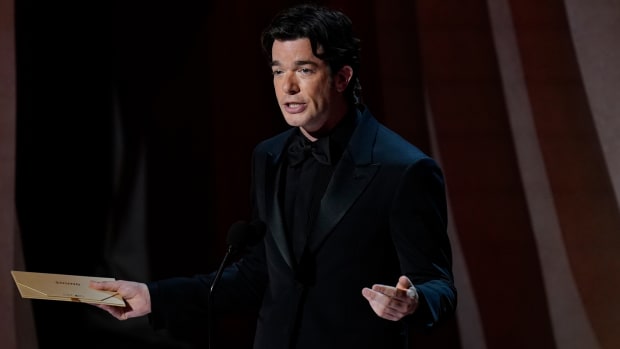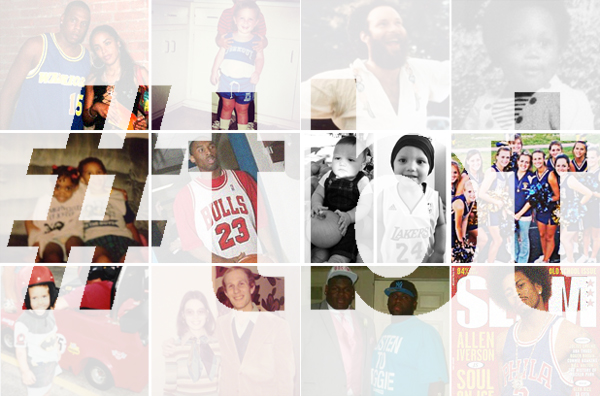
From Hardwood to Hashtag: How NBA Culture Gave Rise to "Throwback Thursday"
If you're an active user of social media, chances are, every Thursday, you've been seeing old photos of friends on your Facebook or Instagram feed, accompanied by the hashtagh #TBT. That stands for "Throwback Thursday," which is sort of a big deal right now among young Internet users -- a search for #TBT on Instagram yields more than 78 million results. While it's easy to figure out why Throwback Thursday has become a major social media trend -- uh, my generation (the so-called Millennials) is borderline narcissistic, and we will find any excuse to upload photos of ourselves -- the migration of the term "throwback" into the mainstream is much more interesting.
Once upon a recent time, "throwback" was used almost exclusively by NBA fans, specifically those belonging to the hoophead/sneakerhead set. According to Know Your Meme, the first regular usage of the expression "Throwback Thursday" can be traced back to the sneaker blog Nice Kicks, which dedicated a Thursday post to old sneakers -- specifically, basketball sneakers -- way back in 2006. It's been more than a year since Nice Kicks posted what appears to be its last Throwback Thursday post, which makes sense—by that point, in mid-2012, the "Throwback Thursday" movement had taken on a life of its own. That growth is almost entirely attributable to Instagram. As detailed by Digital Trends, Instagram's oldest remaining "Throwback Thursday" image is from 2011, and use of the hashtag spiked dramatically soon thereafter, bringing us to the nostalgic-image-soaked present:
digitaltrends.com
Of course, the expression "Throwback Thursday" would mean nothing without its agent of action—namely, the word "Throwback". According to Merriam-Webster dictionary, "Throwback" was first used in 1800s, where it had various meanings, including the dominant one today ("reversion to an earlier type or phase"). The use of the word, according to Google's Ngram viewer, rose steadily from the 1960s on, eventually peaking in 2002 and 2003:
Now, though the Ngram is an imprecise tool for this application—it measures instances of the word in books, but not magazines or online articles—it nevertheless broadly illustrates the increasing use of "Throwback" over the past century. A search on Nexis.com produces an overwhelming yield of recent articles that include the term, often in reference to teams wearing vintage jerseys in games—and that speaks to the true genesis of this "throwback" era we're in. However accurate the Ngram may or may not be, the peak of the "throwback" graph coincides with the throwback jersey craze that was spearheaded by Philadelphia-based sports apparel maker Mitchell & Ness. The company sold $1.5 million dollars worth of throwback jerseys in 1998, then $2.2 million the year after. By 2002? $23 million, thanks in large part to the NBA, which had players wearing throwback jerseys every few games in 2003.
So what happened between 1998 and 2002 to catalyze such explosive growth for Mitchell & Ness? SLAM and Allen Iverson happened. Specifically, this:
This cover of Allen Iverson in a Mitchell & Ness throwback jersey, released in 1999, is widely regarded among hoopheads as the driving force behind the throwback movement. Jay Caspian Kang of Grantland wrote about theiconic photogrtaph recently, noting its connection to the rose of "throwback" and referring to Mitchell & Ness as a "small" company prior to the cover. Heck, Mitchell & Ness' owner, Peter Capolino, owns up to this. In a SLAM magazine look-back on the cover --unquestionably their most popular ever -- Capolino said it "helped launch Mitchell & Ness."
When you couple these stats with the fact that much of today's popular slang ("that sh*t cray", the godawful "YOLO", and even words like "hater") originated from hip hop culture, it's safe to say that the emergence of "Throwback Thursday", and more specifically the word "throwback", owes a debt of indeterminate size to NBA culture—which since the 1990s has been, and forevermore will be, synonymous with hip hop culture. And no player symbolized the bond between basketball and hip hop like Iverson, who officially retired yesterday. He leaves the game as one of its greatest scorers -- and his 2001 NBA Finals run will remain one of my all time favorite underdog sports stories -- but his biggest contribution to the sport was perhaps off the court. Iverson was a trendsetter and cultural icon.
(Random tangent: One of Hong Kong's hottest young stars, Shawn Yue -- whose most famous film to westerners is probably Infernal Affairs, on which Martin Scorsese's The Departed was based -- told me recently his major fashion influence was none other than AI.)
Without the NBA, Iverson, and SLAM—and then, subsequently, the hoops-heavy blog Nice Kicks—there may well never have been #TBT. Whatever would my self-obsessed generation have done?
(Answer: We would have found other excuses to upload old photos, probably under a far more vanilla hashtag like #ReminiscentWednesday or something.)
Ben Sin is a freelance writer in Hong Kong; he writes about sports and culture for the Wall Street Journal and South China Morning Post.




